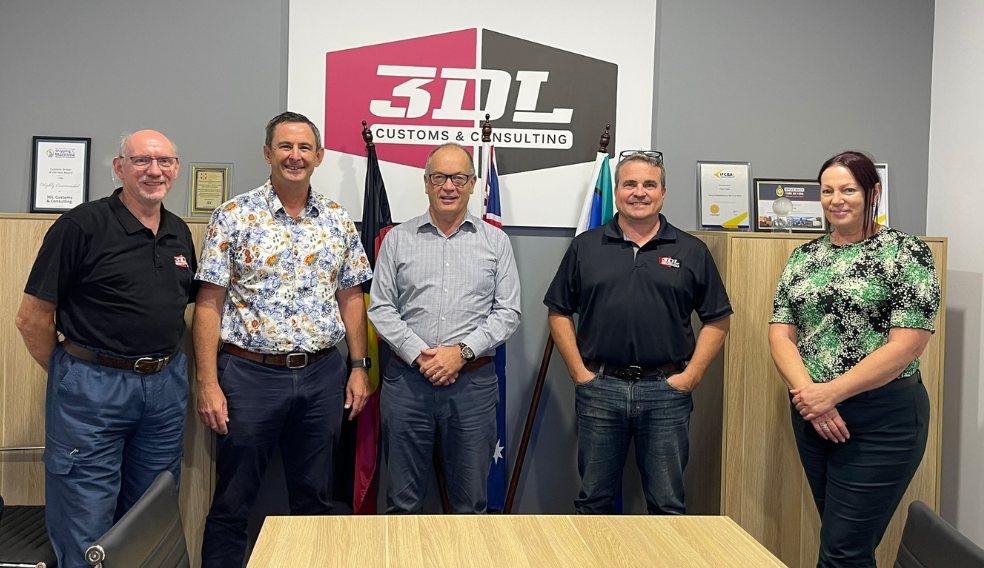Transport & Logistics Mar 25, 2025
Addressing Workforce Challenges in Freight Forwarding & Customs Broking
Last Friday, Camilla Elmes, Transport and Logistics Engagement Manager, met with key stakeholders to discuss the ongoing workforce challenges in the international freight forwarding and customs broking sector. The discussions highlighted a growing concern over an ageing workforce, the lack of structured career pathways, and the increasing reliance on offshoring for key tasks, which limits local skill development.
Stakeholders also raised concerns about the difficulty of obtaining a customs broker licence without hands-on experience, the absence of financial support for training new workers, and the overall lack of awareness about career opportunities in the sector. Potential solutions explored included advocating for increased training subsidies, introducing apprenticeships or traineeships for customs broking, and promoting the industry to attract new talent.
The conversations reinforced the importance of collaboration between industry and training providers to develop sustainable workforce solutions.
The Stakeholders included:
- Scott Carson – International Forwarders & Customs Brokers Association (IFCBAA)
- Chris Roberts & Colin Brame – 3DL Customs & Consulting (meeting hosted at their offices)
- Ben McMahon – North Queensland Customs Services
Key challenges raised during these discussions:
- Limited awareness of career opportunities and pathways in freight forwarding and customs broking
- An ageing workforce, particularly in the customs broking role
- The need for structured, employment-based training such as traineeships or apprenticeships to gain the experience required for a customs broker licence
- The offshoring of tasks such as compiling, which reduces opportunities for local workers to develop foundational skills
- A lack of funding to support employers in training new workers
To address these challenges, several potential solutions were discussed:
- Recognising the Diploma of Customs Broking as a traineeship or apprenticeship, with funding subsidies to support training
- Increasing funding support for training in the sector to encourage employers to invest in workforce development
- Promoting industry careers and training pathways to attract new talent
- Supporting for the inclusion of customs brokers on the Occupation Shortage List
- Reviewing and refining existing training options to develop clearer career pathways
Moving forward, Industry Skills Australia is dedicated to collaborating with stakeholders to drive workforce development and secure the sector’s future. As part of this commitment, the Draft 2025 Workforce Plans are now open for public consultation. We welcome your insights to help shape the industry’s future.
View them here: Draft 2025 Workforce Plans
